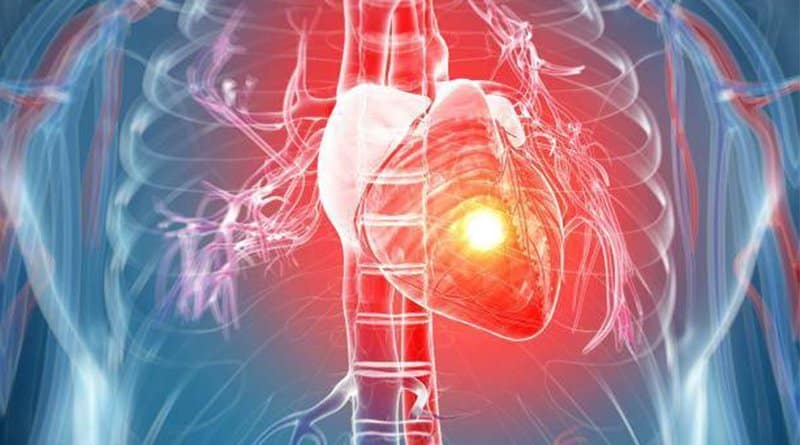Artificial Intelligence has been actively used for medical purposes. Well, one such AI is Corti AI, which helps emergency dispatchers identify signs of cardiac arrest over the phone will begin testing its software across Europe.
ALSO READ: FDA Approved First Shock Wave Device To Heal Wounds; dermaPACE!
Corti AI Detects Cardiac Arrests
This AI’s algorithm can recognize out-of-hospital cardiac arrests (home or public) more accurately and efficiently than humans. This software has already been deployed in Copenhagen, it will be starting four new pilot programs in (as-yet-unnamed) European cities in partnership with the European Emergency Number Association (EENA).
How Corti AI Works?
Early detection of cardiac arrests is important, with every passing minute without treatment reduces an individual’s chance of survival by 7 to 10 percent. Corti’s software works by listening in during emergency calls and looking out for a number of “verbal and non-verbal patterns of communication,” which also include cues like caller’s tone and whether or not the subject is breathing.
ALSO READ: FDA Approved AI That Can Predict Death; WAVE Clinical Platform!
Case Studies And Tests
In a various test performed by the company, the software has performed impressively. In one study on a database of 161,650 historical emergency calls, the Corti AI identified 93.1 percent of out-of-hospital cardiac arrests (or OHCAs) compared to 72.9 percent recognized by the actual human dispatchers. It was also quicker, spotting signs of a cardiac arrest in 48 seconds on average, compared to 79 seconds for humans.

On the flip side, the company has published the above-mentioned study, which means certain key figures (like software’s false positive rate or the number of times it incorrectly identifies cardiac arrests) are still unknown. Moreover, Corti’s software doesn’t explain how it makes its decision, which might worry medical professionals.
Although Corti confidently makes the right decisions, it is possible that the AI will miss certain nuances or make bad judgments when faced with unfamiliar situations, which is why Corti’s software doesn’t make the decision itself; it only offers guidance to a trained dispatcher.
ALSO READ: FDA Approved IDx-DR AI That Helps Doctors Diagnose Eye Disease!
Well, Corti is going to be listening in to emergency calls around Europe this year and saving lives too. So, what do you think about Corti AI? Let us know your thoughts in the comment section below.
BONUS VIDEO
For the latest tech news, follow TechDipper on Twitter, Facebook, Google+, Instagram and subscribe to our YouTube channel.




